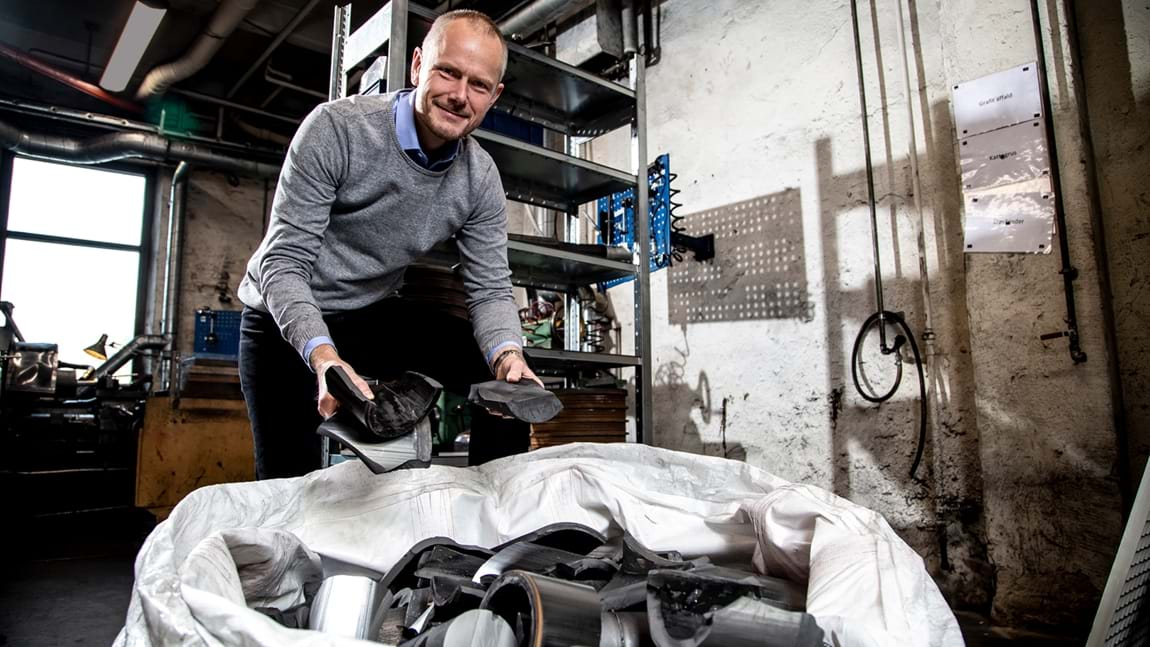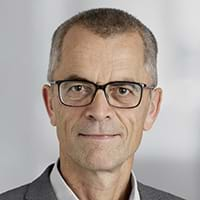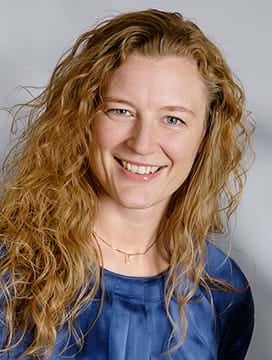Sustainability saves cast iron company millions
Since 2011, senior management in cast iron company Tasso has worked systematically with sustainability. This has led to savings in the millions. Senior management must take responsibility, says Managing Director Kristian B. Pedersen.
Sustainability needs to be integrated within operations. And it needs to be implemented at top level, or progress will not be made quickly enough.
That is the advice from Managing Director Kristian B. Pedersen at Tasso A/S to others interested in working with the UN’s SDGs. Tasso chose SDG no. 12 regarding responsible consumption and production, because the company’s production of cast iron requires high energy consumption as well as signification consumption of electricity and water.
“It’s no use if responsibility for sustainability is placed at a middle level. Responsibility must lie with management so that it becomes part of the company’s operations and long-term strategy. And if it’s difficult to remember at first, you’ll have to post a note on the bulletin board in management’s meeting room,” says Kristian B. Pedersen.
Chosen for focus on sustainability
Tasso has worked systematically with sustainability since 2011, and up until 2017 this has resulted in annual savings of DKK 2 million. In that time, recycling and waste sorting have become important elements. What was once discarded and thrown away is today gathered and sold, including waste materials such as graphite from the cast iron moulds.
The cast iron company now wants to take things a step further and use Tasso’s green profile to reach more clients. But it isn’t so simple.
“Cast iron bars are a commodity, and that determines the price. We cannot get more money for the good, but clients may choose us due to our focus on sustainability. The problem is that clients’ buyers may for example be paid out bonuses in relation to the price they pay for the good. But time is working in our favour as end users and funding sources are increasingly making demands for green subsuppliers,” says Kristian B. Pedersen.
He notes that private equity firms and pension funds have begun to set requirements for sustainability in the projects and businesses they invest in.
To learn more about DI’s work with the SDGs, contact Head of Strategy and Organisational Development Marie Gad at 3377 3789 or msh@di.dk.
FACTS
TASSO
Cast iron specialist based in Odense.
57 employees and turnover of DKK 125 million in 2018.
90 per cent of sales in export markets.
Clients are found in the wind power, hydraulic and glass industries, among others.
Tasso has participated in DI’s project ”From Philanthropy to Business”.
Focuses on SDG no. 12 ”responsible consumption and production”:
“We must ensure sustainable consumption and forms of production. The increasing strain on the world’s primary resources makes it all the more necessary to develop and employ circular and responsible processes in which waste products are recycled and reused.”
Stay up to date
Receive DI Business News – our weekly newsletter in English with relevant business news, political analyses, key indicators and invitations to events, courses and business-related networks.


